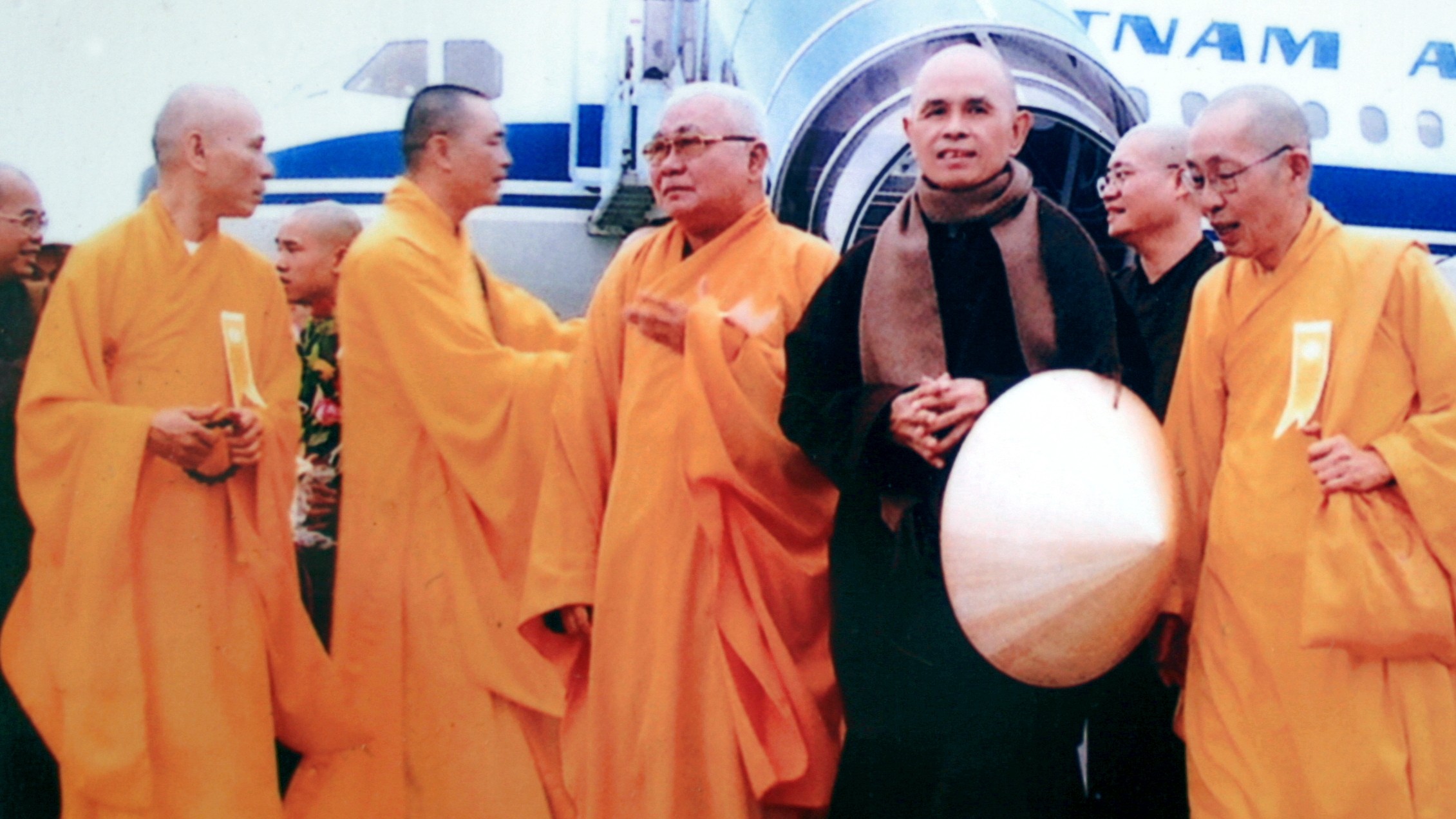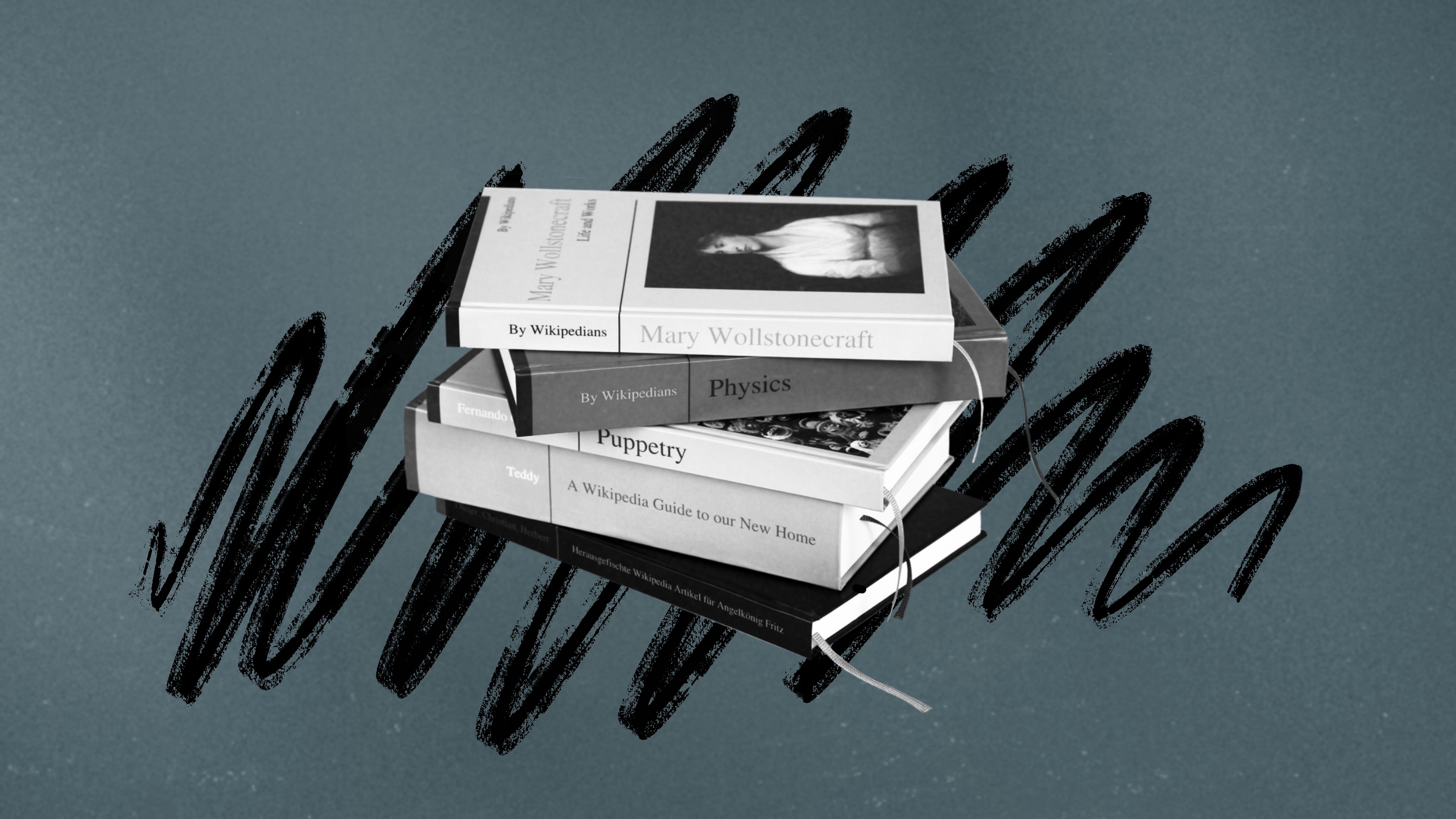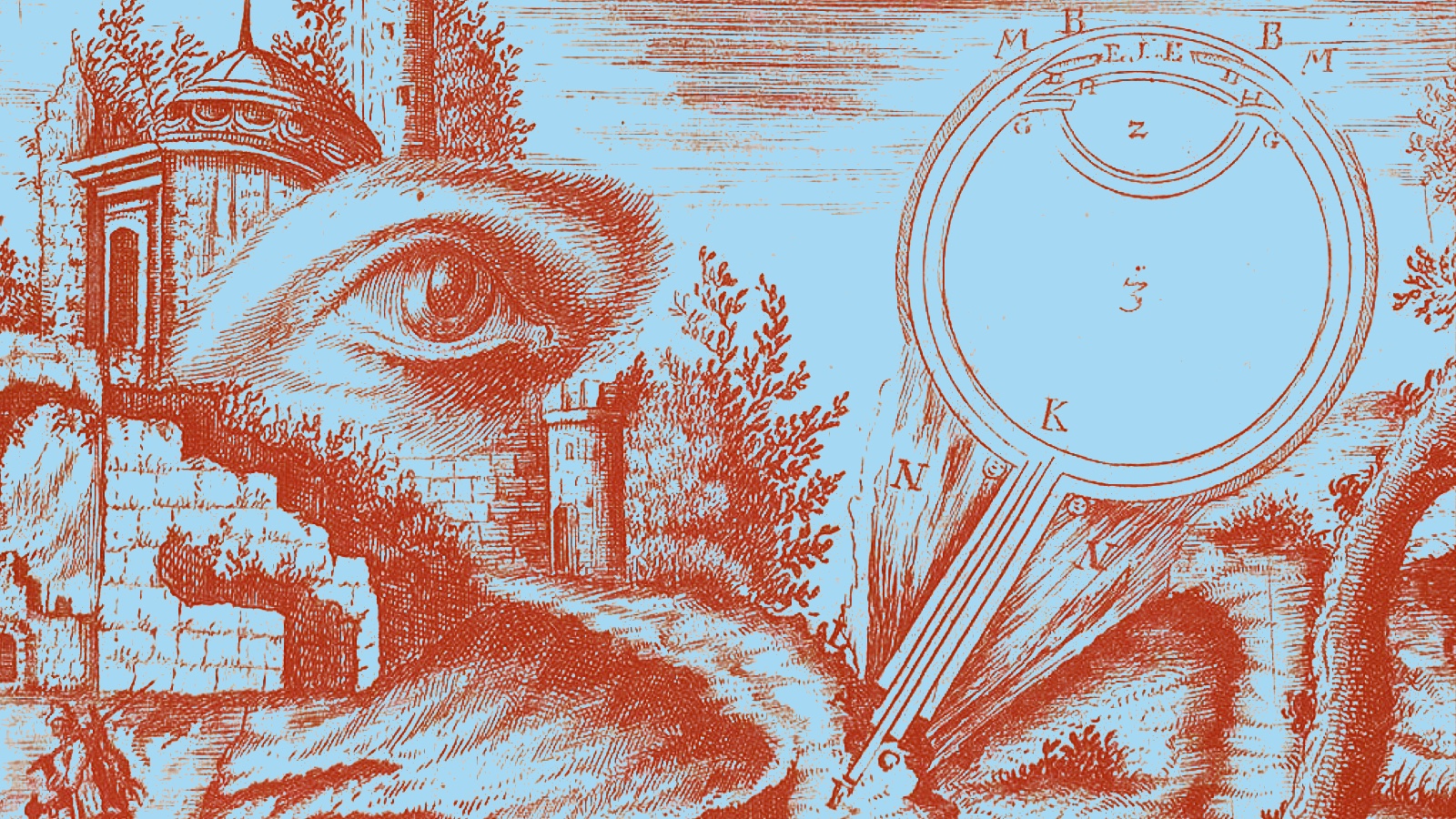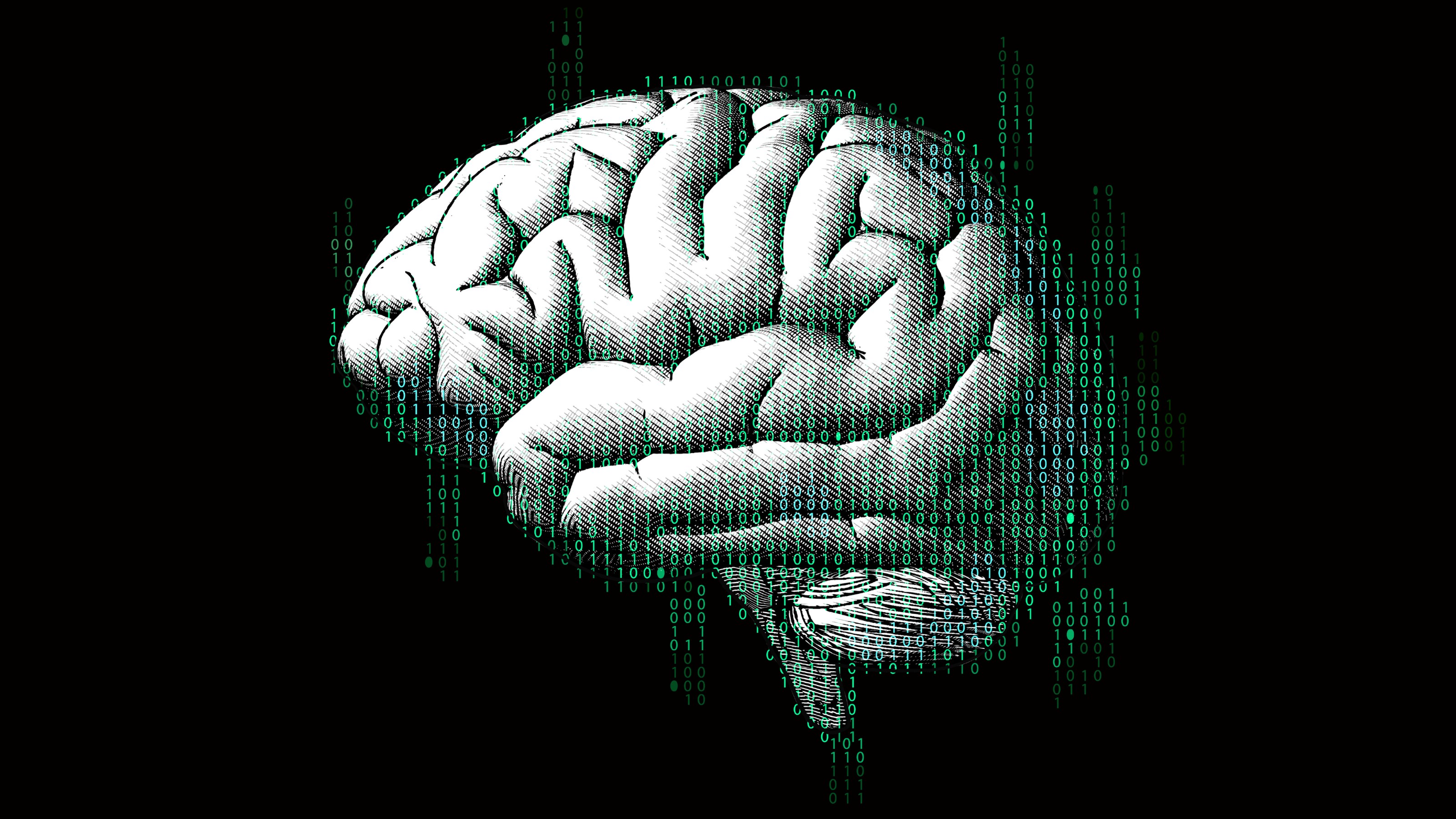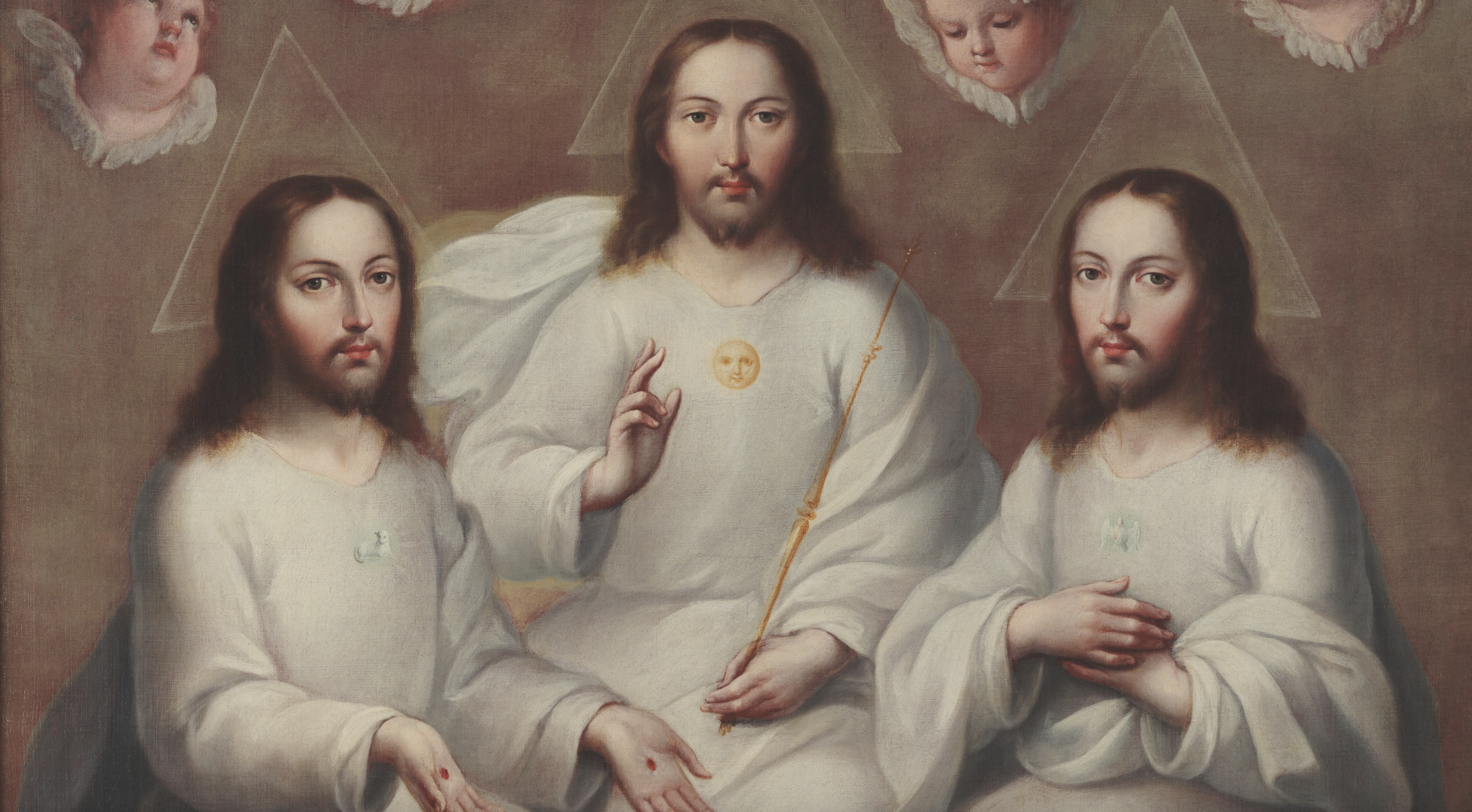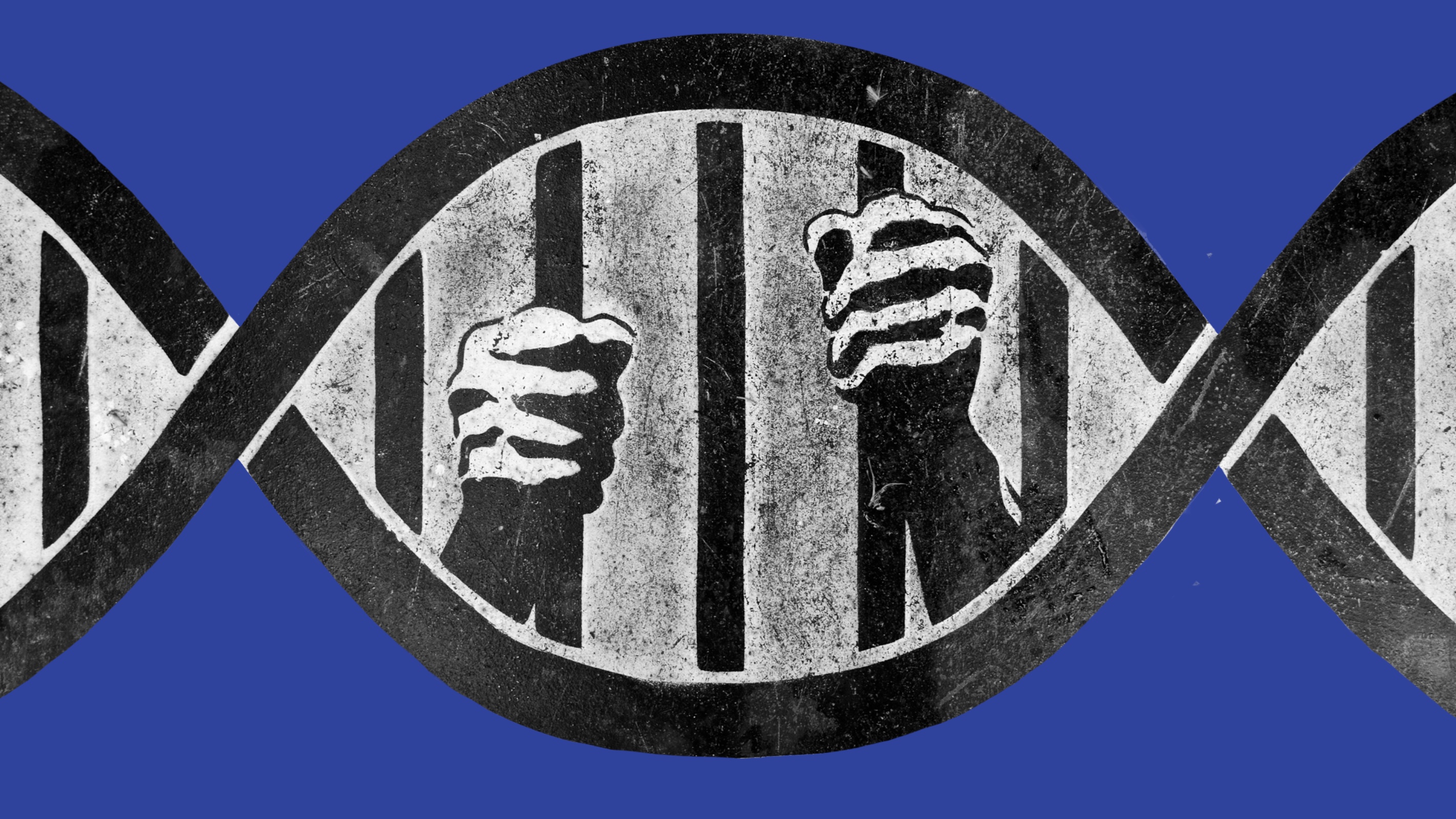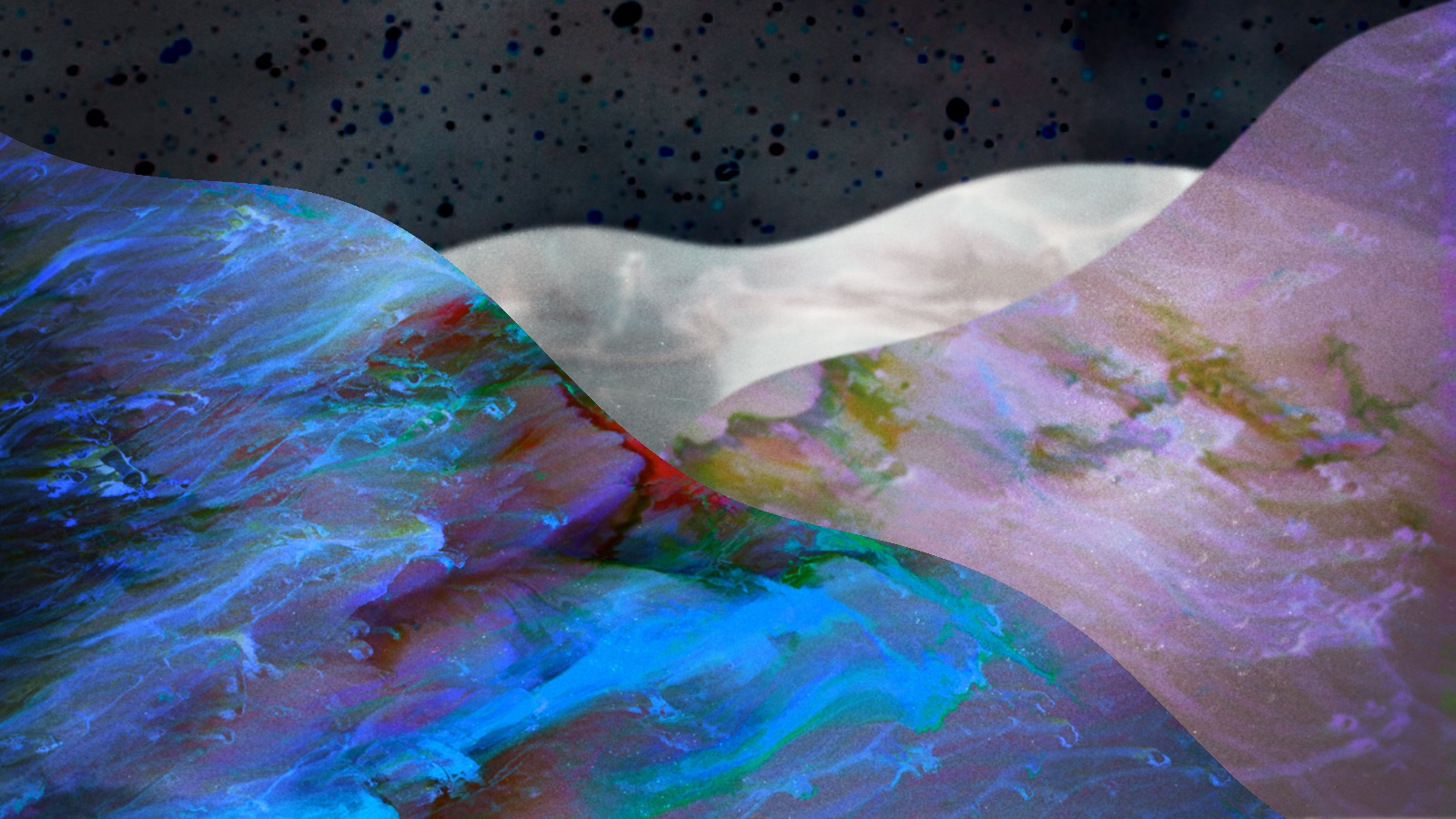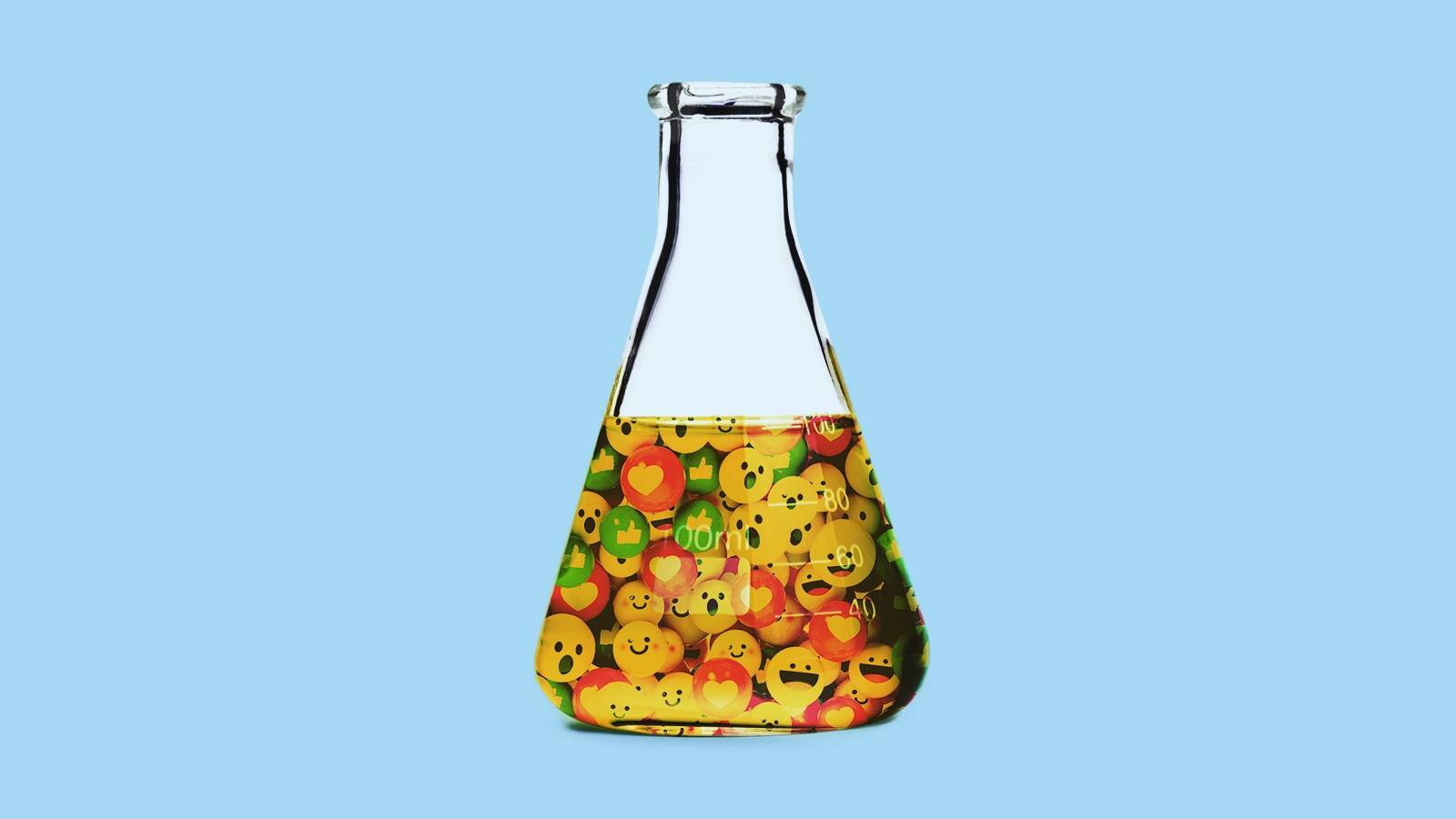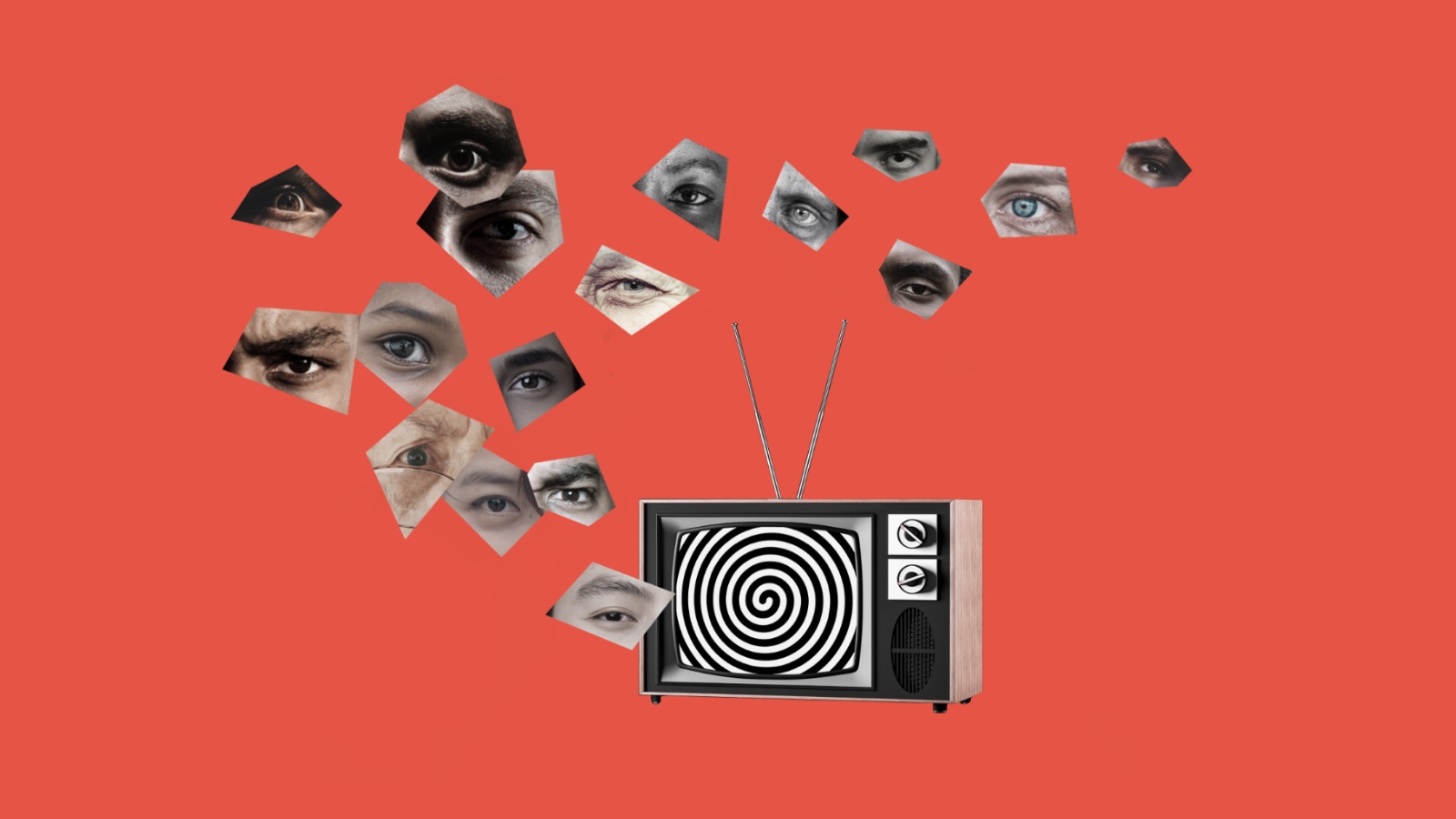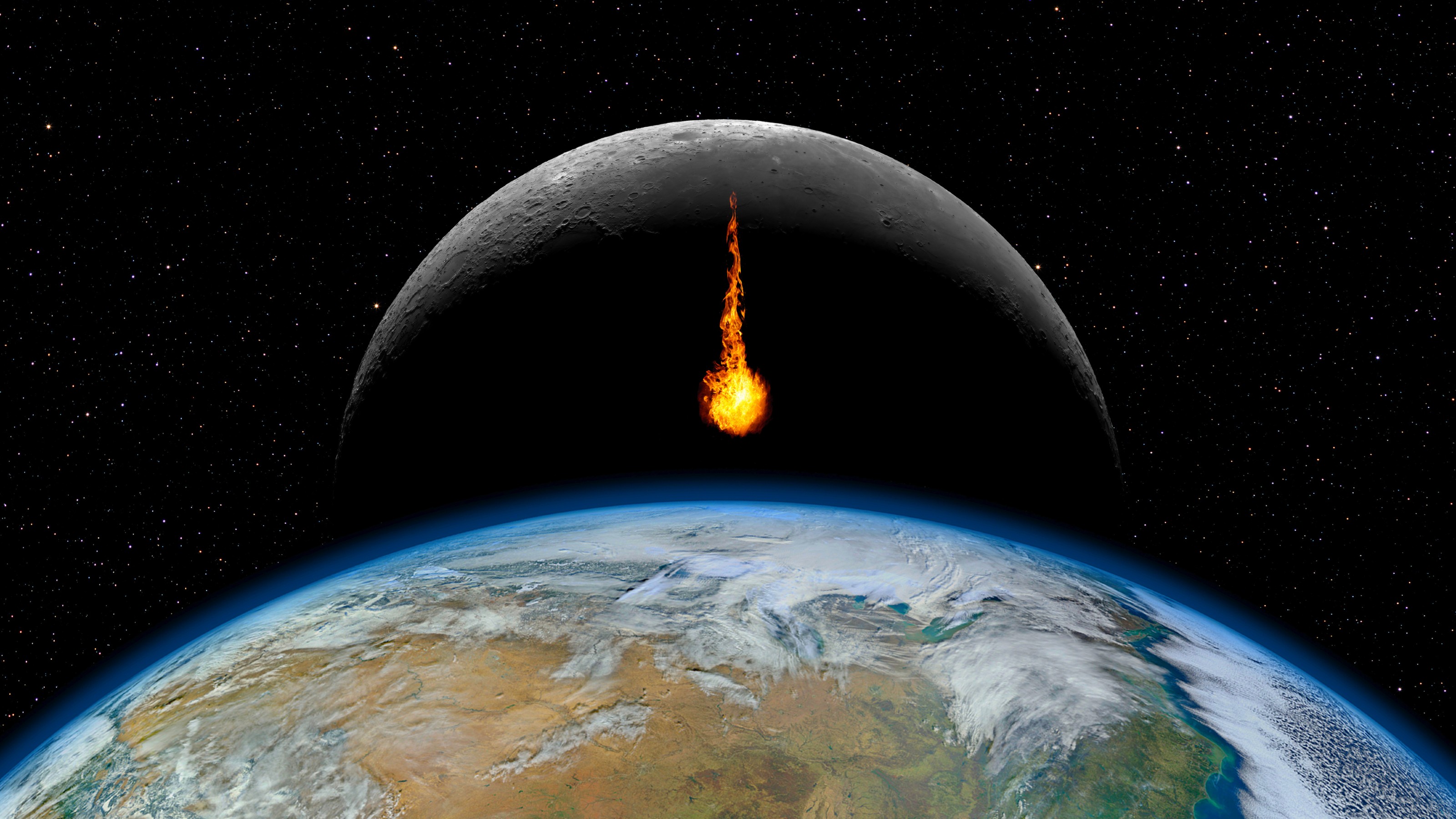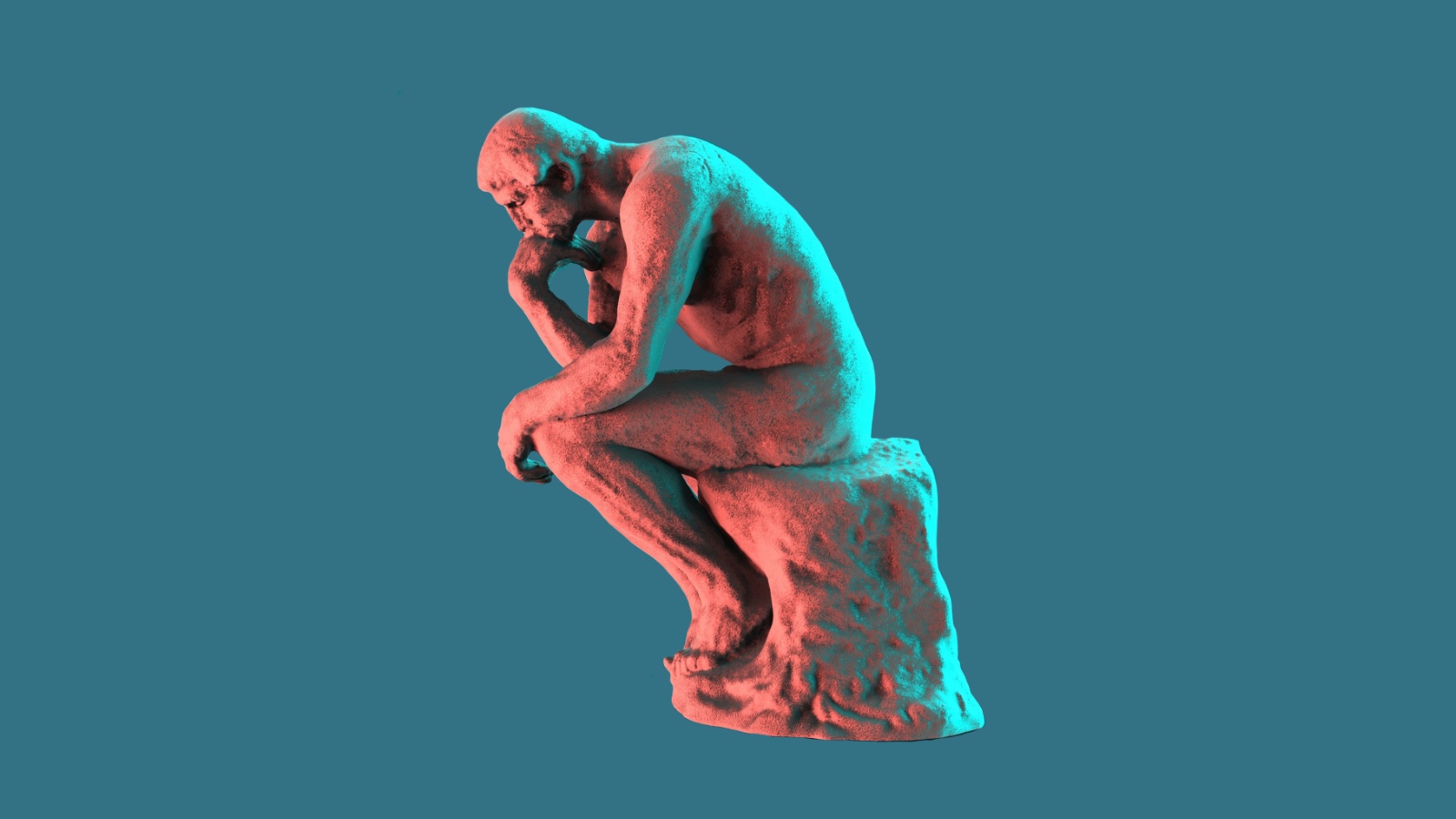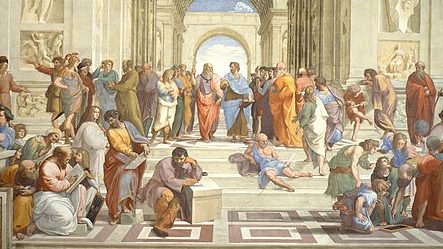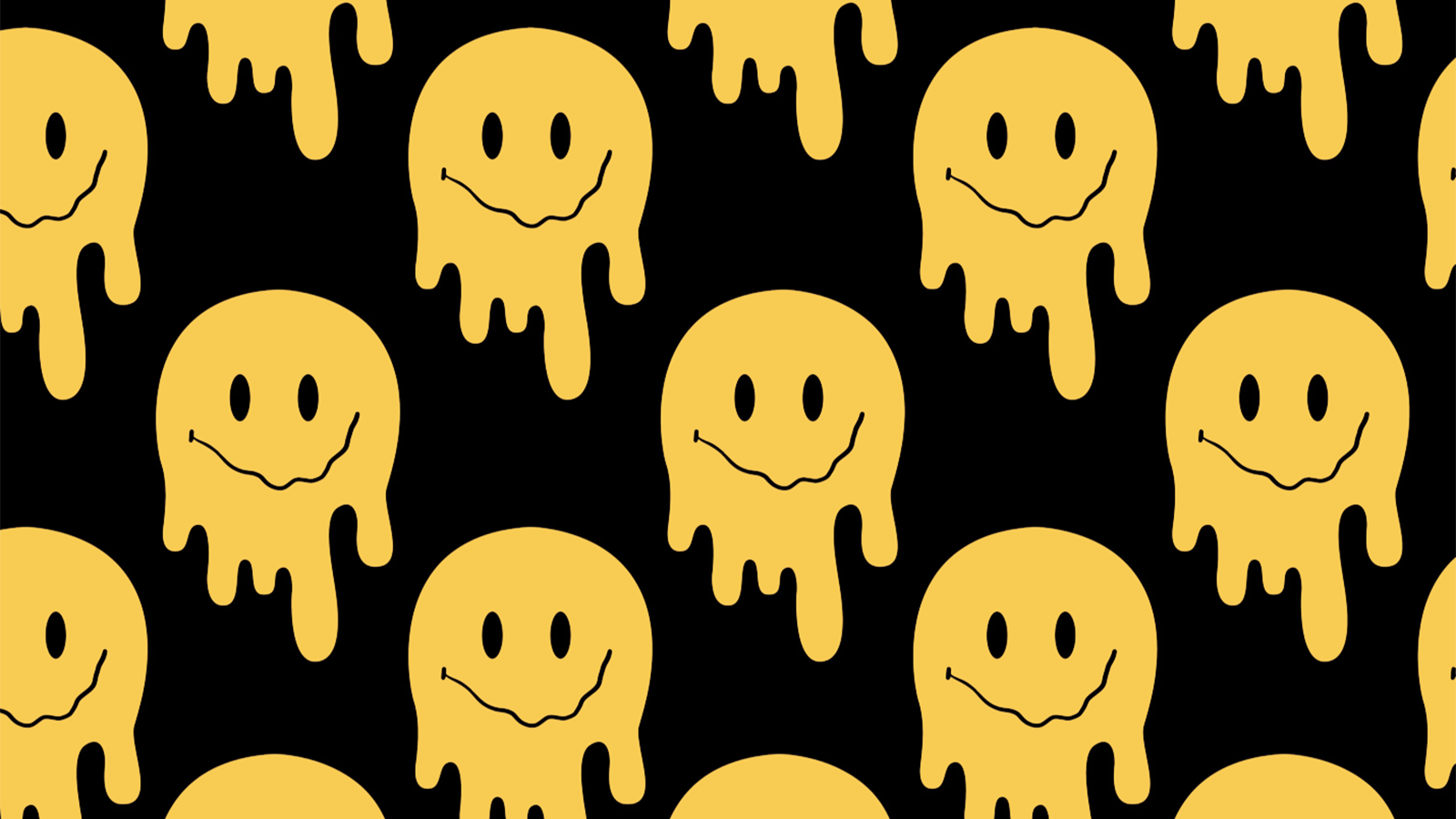Thinking
All Stories
Philosopher Slavoj Žižek argues that we often don’t truly want to obtain what we think we desire.
Sight helps you see a room, but interoception lets you sense it from inside your own body.
Zen masters often have strikingly different ideas about how to live and attain enlightenment.
“Carpe diem” was only one part of Horace’s poem Odes 1.11.
The insanity of the academic job market laid out in numbers.
There is more consensus on what heaven looks like than hell.
A group of prominent scientists shares how research has changed them.
Surely they can’t be worse…can they?
Mahāyāna is the most popular type of Buddhism in the world today.
There are different types of atheism and atheists. In general, they can be classified as the non-religious, the non-believers, and agnostics.
Being mortal makes life so much sweeter.
Historical analyses reveal that crises almost always yield surprising benefits.
Is science for everyone, or just the morally upright?
Foster your own moments of mystery.
By exposing people to small doses of misinformation and encouraging them to develop resistance strategies, “prebunking” can fight fake news.
Recent discoveries about bodily awareness have changed how scientists think about the nature of consciousness.
Many have argued that morals are relative, but Russia’s war crimes reveal the hollowness of that belief. Morality is universal and objective.
Many Americans aren’t rejecting spirituality, just practicing it differently.
We don’t understand why loneliness is bad for us if all we can say is that it hurts.
Your very own “Conspiracy Detection Kit.”
Is history decided by discernible laws or does it unfold based on random, unpredictable occurrences?
In the future, people may look back with horror at how humans treated AI in the 21st century.
Nothing meaningful is done quickly.
Satanic cultists don’t even believe the Devil exists. Satanism is largely a religion focused on secular humanism and hedonism.
From Aristotle’s lazy cosmology to Immanuel Kant’s “scientific” racism, great minds are not immune to very bad ideas.
How many tins of beans make a stockpile, and when does a basement become a bunker?
After 70 years, “The Power of Positive Thinking” remains incredibly popular, even though its critics find the book to be mostly fluff.
It might seem petty and shallow to get upset over a bad gift, but there’s often a deeper reason behind the feeling.


